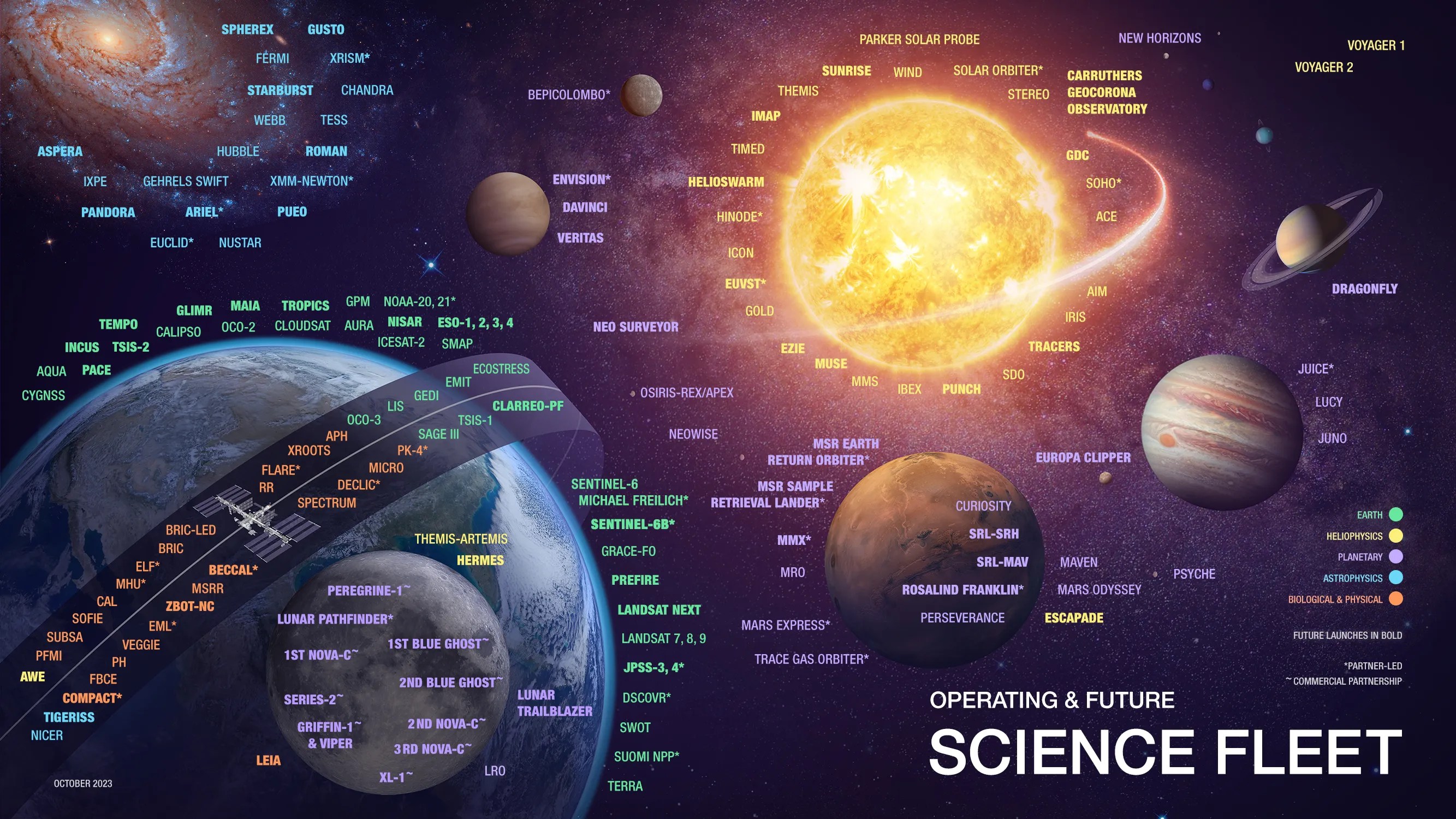The Hidden Rules of Blame

People like to use categories for people (race, religion, nation, class, gender) as explanations for others’ behavior (for example, I was late because there was traffic and I have a lot on my plate right now, but you were late because you’re a Gen X slacker).
Yet all categories are not equal. Instead, each one seems to be licensed to explain only certainkinds of behavior. In ordinary talk, temperament is OK to explain career choice (he’s always liked to argue, so he became a trial lawyer) but not how people vote. For that, it’s acceptable to invoke religion (he’s an observant Catholic, you know, so he votes on the social issues) but not career choice. Violating these expectations is like violating a rule of syntax: It just sounds wrong to people.
Because of this semantic licensing system, certain ideas about society are easy to create and hard to undo, even when they are demonstrably false. For example: the persistence of the notion that terrorists attack things because they’re Muslims. According to Europol’s 2010 annual report on terrorism, for example, of the 294 attacks and attempts in the European Union last year, exactly one was committed by Muslim extremists. (Credit to Loonwatch for this and similar stats.)
Conversely, these hidden conceptual rules make novel explanations hard to accept, even if the evidence supports them. Temperament may indeed predispose people to prefer one sort of political stance over another, but it takes effort to suppress a non-rational impulse to say, “why, that’s impossible.”
Today in the New York Times Magazine I discuss another novel link between a category and a behavior: The notion that engineers are slightly more susceptible than most to the siren-song of right-wing terrorism. In normal parlance “occupation” isn’t a category licensed to help explain why people become suicide bombers. Part of what interested me about the theory was the difficulty people have in wrapping their heads around the proposal. Not because of the evidence, but because of the way our minds use categories.




